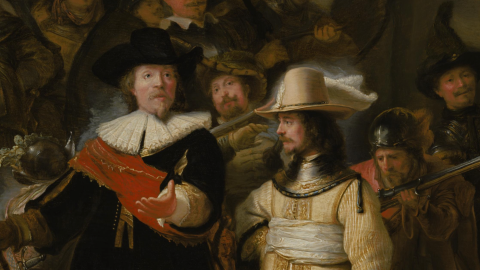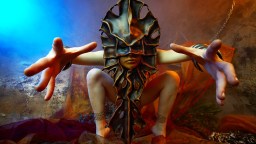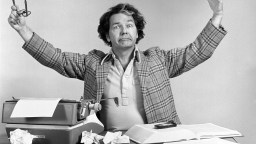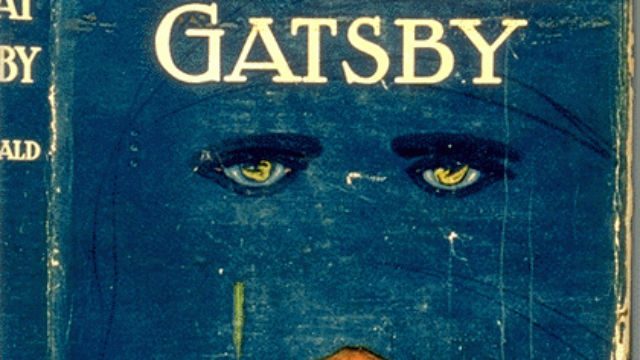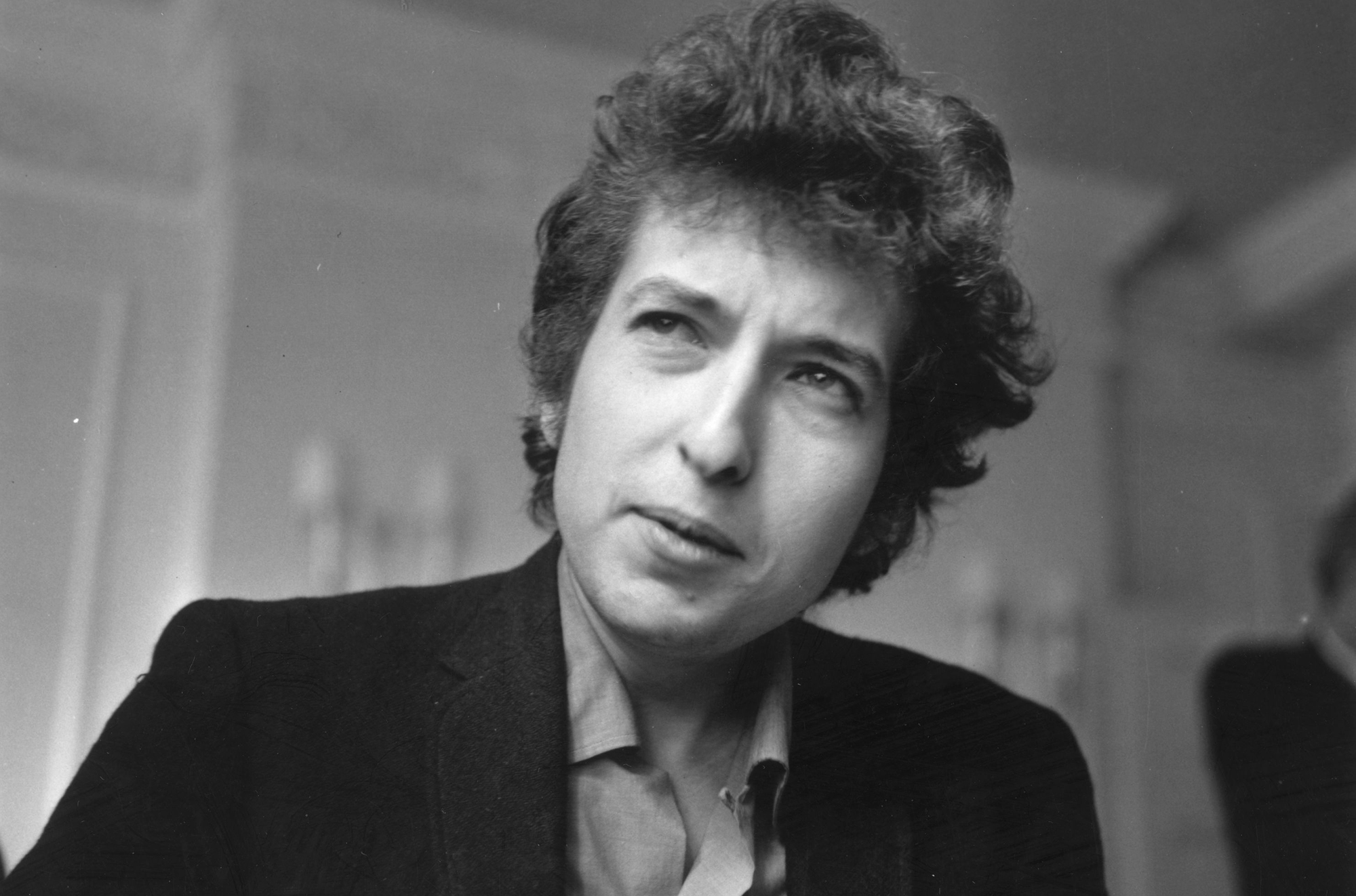High Culture
featured
The Rijksmuseum employed an AI to repaint lost parts of Rembrandt’s “The Night Watch.” Here’s how they did it.
All Stories
In what Tristan Harris calls a “race to the bottom of the brain stem,” media companies and advertisers will do almost anything to keep your eyes locked where they want them.
▸
6 min
—
with
Do you walk up the escalator, or stand and let yourself be delivered to the top? One of these methods is more efficient than the other.
There’s a place Americans feel they can do anything, and it’s not Las Vegas.
▸
4 min
—
with
The Onion founding editor Scott Dikkers says every joke can be categorized in one of 11 “funny filters.”
“Shut up and take my money” isn’t just a meme anymore, it’s the way people are increasingly choosing to access art, news, and culture.
In comedy there is always the temptation to go for the easy jokes – but now, more than ever, comedians have to challenge themselves.
▸
3 min
—
with
In one of the best examples of free education this year, Pixar has released a six-part online course called ‘The Art of Storytelling’.
Storied skills and a musical analogy might help us update the logic of “virtue ethics.” In life, as in jazz, freedom without skills results in a lot foolish noise.
Columbia professor Tim Wu came to the Big Think studio to talk about clickbait. What happened next will shock you.
▸
5 min
—
with
Sean Curry takes aim at the rapidly evolving “gourmet” food industry that is warping our expectations, mindsets and first-world privilege to a scary new level.
Theaters today seem like hallowed ground, says Harvard’s Diane Paulus, but that’s not their natural state. Once, they had the same atmosphere as sport: visceral, alive, and indebted to its audience. How can we get back there?
▸
10 min
—
with
Every field has its revolutionaries – dance is no different.
“My Experience is What I Agree to Pay Attention to,” said psychologist William James. And therein lies the problem and danger of advertising: we don’t always agree or choose to pay attention, but it shapes our life experience irrevocably.
▸
9 min
—
with
How do you win a Nobel Prize in Literature? First you must get nominated, then it gets hard.
Though the logic of the Nobel committee is pretty easy to glean when it comes to the sciences, in other, less-defined categories, it surprises on a fairly regular basis.
Nothing kills creativity like overthinking it. Jumping from anecdote to anecdote from his incredible career, Ethan Hawke illustrates why letting your subconscious steer the ship will get you to a more honest, creative place than your intellect ever could.
▸
6 min
—
with
RIP to the 9 to 5 work day. Kathryn Minshew (CEO of career directory platform The Muse) is pro-unlimited vacation time and offers her employees a 1-month paid sabbatical after five years. How can we all live this dream?
▸
5 min
—
with
Author Jonathan Safran Foer on the two surprising qualities successful writers need.
▸
5 min
—
with
Improvisational theater, an often overlooked genre, involves dynamic lessons on listening that can help all kinds of professional relationships and improve conversation.
By comparing signatures in auction house transactions of over 400,000 paintings, researchers found that works by narcissistic artists sold for higher prices.
Here’s what F. Scott Fitzgerald thought about his classic American novel “The Great Gatsby.”
We didn’t mind Maureen Dowd’s dismantling of (whatever remains of) the mythologizing of Dylan as a hero for/of protest. There was a moment in time when Dylan was hero for […]
The poet covers poetry’s dynamics, from graduate to grade school.
▸
8 min
—
with
